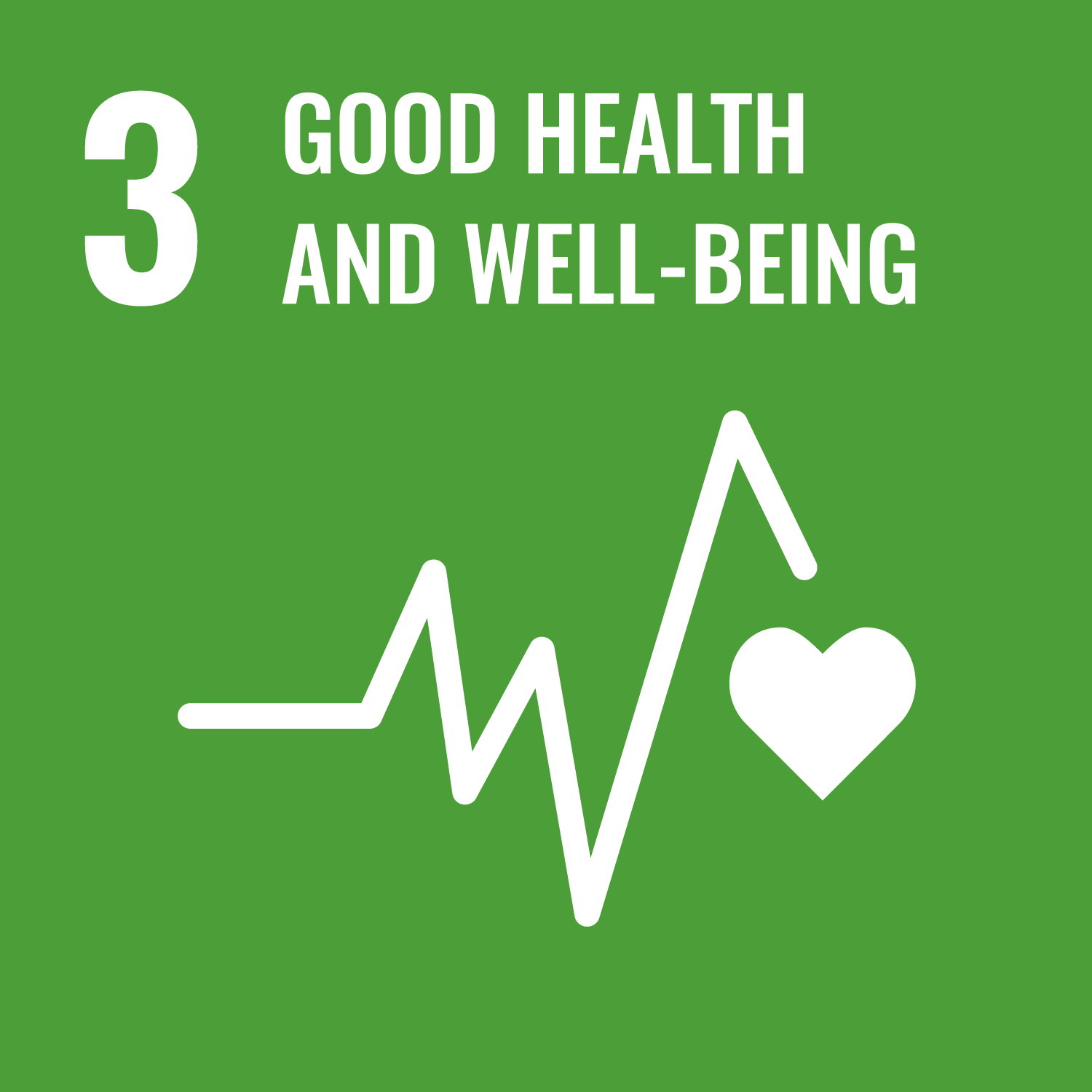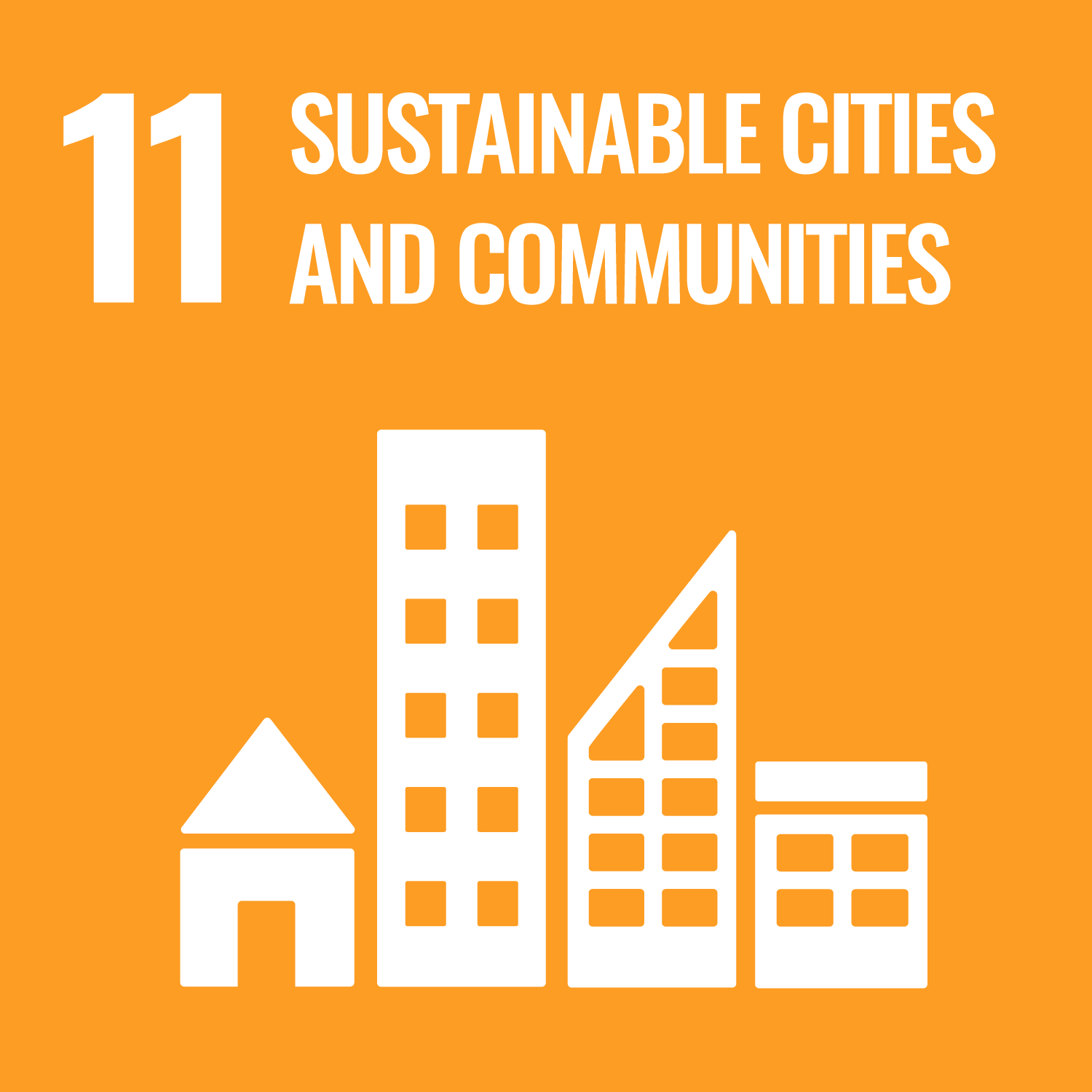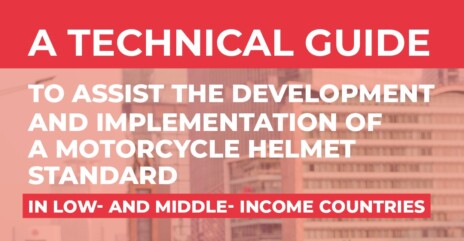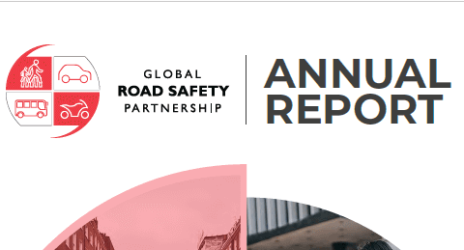Russian Red Cross garnering support for international child restraint standards
This year, Russian Red Cross (RRC), a grantee of the GRSP Global Advocacy and Grants Programme, has made significant progress in their efforts with the Russian government to strengthen child restraint regulations and in the Russian Federation.
In April, the Presidential Human Rights Committee (HRC) became a key supporter of the RRC’s work, publishing an open letter on their website from the RRC to the Ministry of Internal Affairs. The open letter called on the Ministry to domesticate technical regulations on child restraints approved by the Eurasian Customs Union. The letter received significant media attention in a number of important media outlets. This ongoing relationship building with key federal agencies is critical to advancing the RRC’s goal on child restraints.
The Russian Red Cross works in close collaboration with GRSP and other international partners, receiving technical support to achieve public and governmental support for enhanced legislation. The long-term goal of the project is to support the Russian government to amend specific normative acts to mandate universal use of child restraints according to internationally recognized standards.
The RRC is supporting the government to formally adopt new technical regulations concerning child restraints, which came into effect on January 1, 2015 under the Eurasian Customs Union—of which Russian Federation is a member.
The Russian government is an active player in the promotion of road safety as sponsor of the April 2014 UN General Assembly adoption of the resolution on ‘Improving global road safety,’ and is committed to reducing road-related fatalities from 23.5 to 8 deaths per 100 000 population (WHO, 2013).
A recent public opinion poll conducted by the Russia Public Opinion Research Centre revealed strong public support for robust child restraint policies, which ensure that all children are fully protected on Russian roads. This is another positive step forward in increasing pressure to adopt amendments to the current legislation.






